The consortium Cancer Core Europe has collected, elaborated and shared the steps top experts have taken, while scientific evidence is still in the making
Several top cancer centres from all around Europe have just published the results of their in-depth analysis of the challenges posed by the COVID-19 pandemic, that imposes a new way of balancing the risks and benefits associated to the delivery of cancer care.
The seven institutions – the Netherlands Cancer Institute, Karolinska Institute, Institute Gustave Roussy, Cambridge Cancer Center, Istituto Nazionale dei Tumori di Milano, German Cancer Research Center and Vall d’Hebron Institute of Oncology – had already joined forces when they decided to launch in 2014 a consortium called “Cancer Core Europe” (CCE) with the goal of working together to define and share the best practices in cancer research and care. In recent weeks, they worked together on the measures that appear to be the most reliable – although they clearly are still provisional – to assure that cancer patients receive the best possible assistance and care.
Caring for patients “in a parallel universe”
“Together, the consortium represents ~60,000 patients with newly diagnosed cancer, delivers ~300,000 treatment courses and sees ~1,200,000 consultations annually. Furthermore, >1,500 clinical trials are being conducted at CCE” the international team led by Joris van de Haar wrote in a comprehensive review on cancer and COVID-19 recently published in Nature Medicine (van de Haar, J., Hoes, L.R., Coles, C.E. et al. Caring for patients with cancer in the COVID-19 era. Nat Med (2020), available in open access). “Since these seven comprehensive cancer centers play important roles both nationally and internationally, CCE decided on 24 March 2020 to collect, translate and compare all guidelines put in place to combat cancer during the COVID-19 pandemic.
”The researchers focused on adult cancers, and collected all the measures and approaches that were adopted locally, sometimes as a general guidance for the whole hospital and sometimes as detailed guidelines specific for each cancer type, always recognising that “most measures adopted have been based on educated assumptions and expert opinions, influenced or supported by information extrapolated from other infectious diseases”.
This drastically modified the usual context, which they described as “like practicing medicine in a parallel universe”.
Watchful search for new evidence and rapid reaction times are needed
While having to face shortages in personal protective equipment, beds, personnel and other dire challenges, the seven institutions adopted a list of measures (see below), with differences that depend in part on the fact that healthcare services are organised differently in each country, and on the lack of published evidence, but also on the “sense of urgency for action” in each country over time, while the COVID-19 pandemic unfolded: “Now and in the time to come, the course of the COVID-19 pandemic will determine how and to what extent oncological care needs to be re-organized. This will probably be a dynamic and quickly evolving process, for which we hope our collective experiences so far can offer guidance to others globally” they write.
General consensus measures taken by CCE centers during the COVID-19 pandemic
Hospital wide
- Construct a hospital-wide crisis team responsible for coordinating measures between departments.
- Encourage patients not to arrive early. Offer to text patients when you are ready to see them, so they can wait outside or in the car.
- Instruct patients not to visit the hospital if they have symptoms indicative of possible COVID-19 (unless urgent attention is required).
- Call patients the day before planned hospital admissions, to discuss the presence of any COVID-19-related symptoms.
- Screen patients at the entrance for symptoms of COVID-19 and fever.
- Quickly isolate patients with COVID-19 in specialized departments, with the intent of relocation to regional collaborating hospitals (if possible).
- Reduce preclinical research activities to a bare minimum.
- Stop patient inclusion for clinical studies or trials requiring additional actions and/or visits.
- Consider a tumor type–specific ‘exception list’ of particularly successful studies for which inclusion continues.
- Discuss each patient with a multidisciplinary team to consider alternative treatment modalities with the fewest visits or lowest capacity problems or that are the shortest in duration.Therapeutic adjustments (versus regular guidelines) should be discussed in a multidisciplinary team meeting.
- Conduct multidisciplinary team consultations remotely if possible or include only one representative of each discipline to limit the number of people participating in the meetings.
- Inform patients about a possibly increased risk associated with anticancer therapy during the COVID-19 pandemic.
- Enable telephone or video consultations for healthcare professionals who need to self-isolate.
- When postponing procedures or contact moments, anticipate future capacity problems.
- Do not prescribe corticosteroids as anti-emetics (if avoidable), and limit their use in patients treated with immune-checkpoint blockade, to reduce vulnerability to COVID-19.
- With each patient, discuss resuscitation status to anticipate future decisions about intensive care.
Outpatient clinic
- Critically triage second opinions.
- Do all follow up appointments by phone (except when physical examination is necessary).
- When possible, reduce or delay the number of radiological-response evaluations.
- Prioritize oral or subcutaneous treatments above infusion-based treatments to reduce time spent in the hospital.
- Perform blood tests outside the hospital (e.g., at a general practice or at home), when possible.
- Have oral medications delivered to the patient’s home, rather than being picked up at the pharmacy.
Day care
- Consider omitting supportive treatments (e.g., no bisphosphonate infusion, except in the case of hypercalcemia).
- When possible, organize the administration of intravenous maintenance treatments at home.
- When administration at home is impossible, consider temporary breaks or reductions in the frequency of intravenous maintenance treatments for less-aggressive metastatic cancers on a per-patient basis.
Radiotherapy
- Consider hypofractionated regimens for patients with limited additional benefit of regular regimens.
- Create capacity for radiation as replacement of surgery.
Surgery
- Consider postponement of surgeries with high morbidity and mortality during the pandemic.
- Consider other treatment modalities with equal benefit (e.g., radiation for prostate cancer, curative chemoradiation for other tumor types, or brain irradiation for metastases).
Other recommendation
- Consider outsourcing of interventions (e.g., follow-up endoscopies) to private clinics.


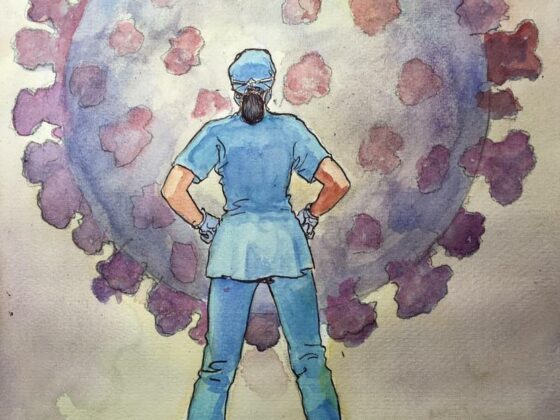


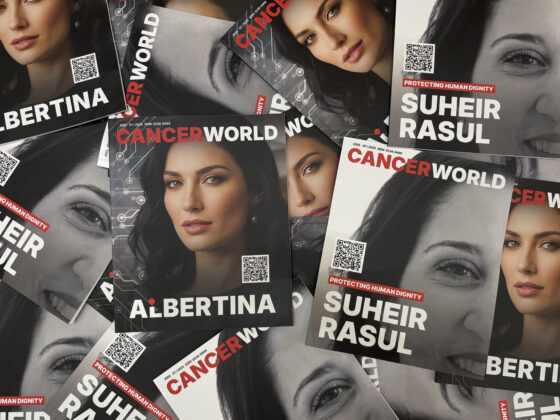
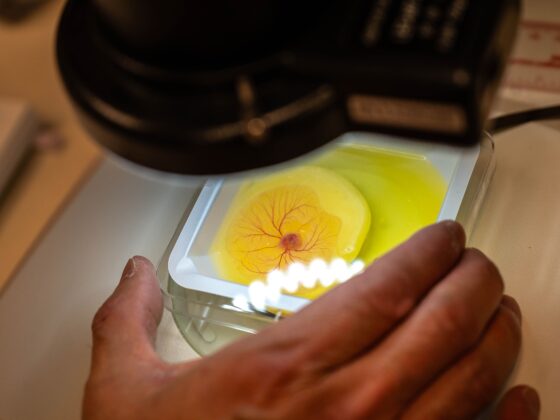
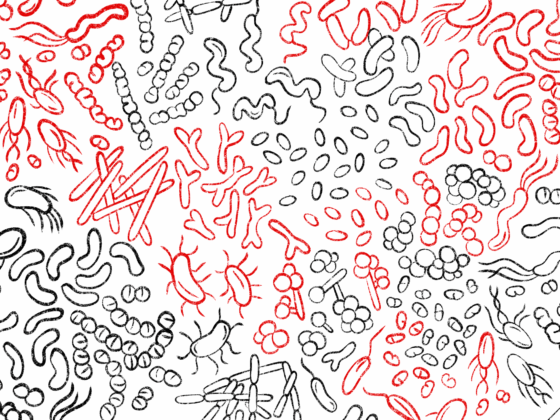
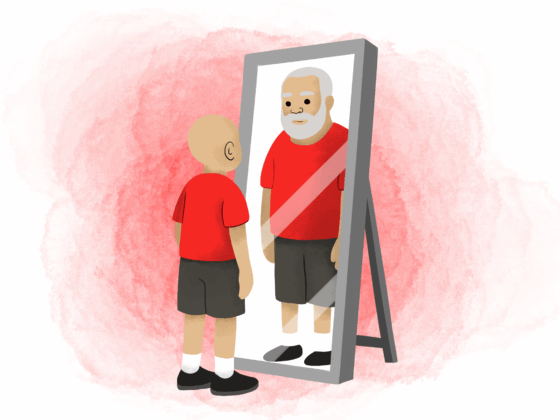
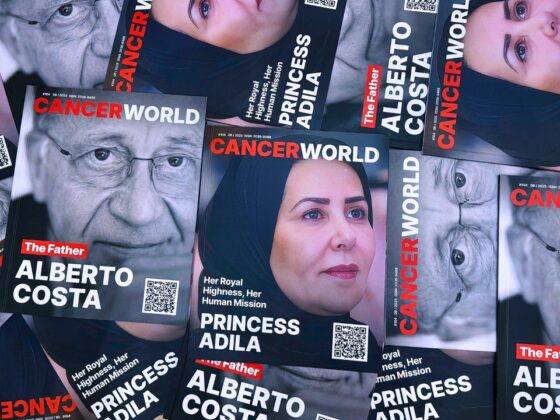

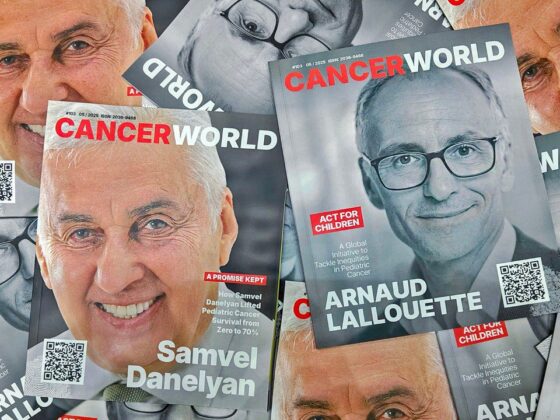
1 comment
Comments are closed.